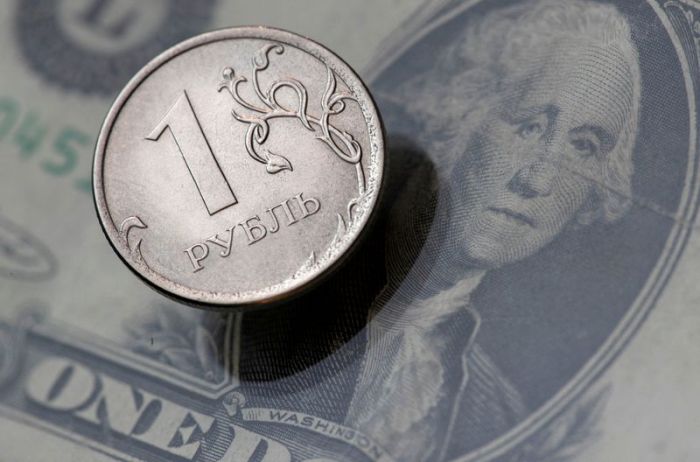SHANGHAI (Reuters) -China’s Tencent Holdings Ltd plans to achieve carbon neutrality in its operations and supply chain by the end of the decade, the firm said on Thursday.
The company, whose businesses range from messaging app WeChat to games and cloud-based services, is also committing to using green power for all its electricity by 2030.
Tencent said it aimed to reduce energy consumption per unit of output in its operations and beef up use of renewable energy.
It will engage in green power trading and explore investments in renewable energy projects, as well as adopt carbon offsets for some business segments, while promoting a low-carbon ethos to its consumers and businesses.
An internal review found the company’s total greenhouse gas emissions were equivalent to 5.111 million tonnes of carbon dioxide last year, it said.
In comparison, fellow tech giant Alibaba Group Holding Ltd said its greenhouse gas emissions in 2020 were 9.514 million tonnes.
“Tencent itself wants to achieve carbon neutrality,” said Xu Hao, a vice president of the firm’s sustainable social value organisation, who leads its green initiatives.
“And … we also hope to be able to support the country’s overall tranformation to become carbon neutral.”
Last year China said it aimed to become carbon neutral by around 2060, a goal that has put pressure on its biggest firms to prepare their own roadmaps to reach “net zero”.
But China’s big tech firms remain hugely dependent on its coal-dominated energy system and only a few have committed to switching to renewable sources of electricity.
In December, Alibaba said it was targeting the end of the decade to attain carbon neutrality in its operations while slashing supply chain and transport emissions.
In June, Baidu said it aimed for carbon neutral operations by 2030, but gave no specific goals.
On Thursday, Ye Ruiqi, project leader of environmental group Greenpeace, said Tencent was now stronger on supply chain commitments than Alibaba and Baidu.
However it hoped for more disclosures on financed emissions, as the firm was a major corporate investor worldwide.
(Reporting by Brenda Goh, Additional reporting by David Stanway; Editing by Edwina Gibbs and Clarence Fernandez)























